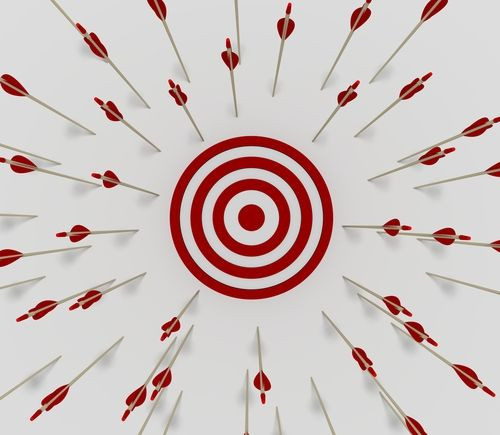Learning From Mistakes May Be The Best Way To Sharpen Memory In Young, Elderly

Learning the hard way actually turns out to be the best way to remember the right answer for the young and elderly. Canadian researchers from Baycrest's Rotman Research Institute have studied the art of learning from mistakes, and published their findings in the Journal of Experimental Psychology: Learning, Memory, and Cognition.
"Making random guesses does not appear to benefit later memory for the right answer, but near-miss guesses act as stepping stones for retrieval of the correct information — and this benefit is seen in younger and older adults," said the study’s lead author Andrée-Ann Cyr, a graduate student with Baycrest's Rotman Research Institute, in a press release. "The fact that this pattern was found for older adults as well shows that aging does not influence how we learn from mistakes.”
Researchers took 65 healthy young adults and compared their trial-and-error learning strategies to those of 64 healthy older adults, finding that they both benefited. Participants were first given a list of words to study, such as the word "rose," as they related to certain categories, such as "flowers" or their word stem; "ro." For the first half of the experiment, they were given the answer right away (the answer is "rose") while for the second half, they were asked to guess the answer.
The study found that participants, regardless of their age, remembered the correct answer “rose” better when they were given the partial word, and had to make mistakes to come upon the correct answer. However, when participants were required to guess with only a word stem, and no hint, such as flower, their memories were worsened from it as they could not remember the correct answer was rose. This happened because their memories became cluttered with information, and they couldn’t clearly recall anything later on. By forcing participants to guess first as opposed to just being given the answer or word stem, it made them think harder about the information, which makes more neural connections in the brain, and ultimately strengthens memory.
"These results have profound clinical and practical implications," said senior author of the study Dr. Nicole Anderson, senior scientist with Baycrest's Rotman Research Institute, in the press release. "They turn traditional views of best practices in memory rehabilitation for healthy seniors on their head by demonstrating that making the right kind of errors can be beneficial. They also provide great hope for lifelong learning and guidance for how seniors should study."
Source: Journal of Experimental Psychology: Learning, Memory, and Cognition. 2014.



























